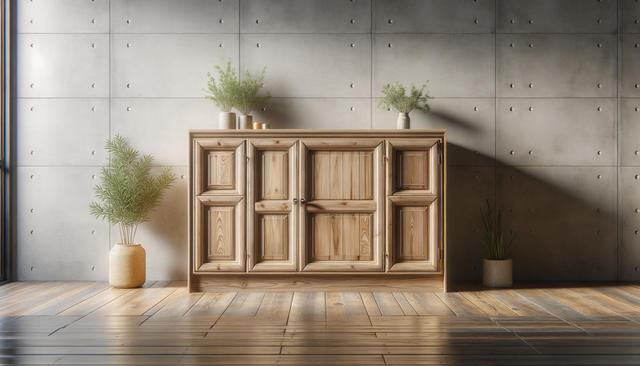
How to Perfect Your Knife Skills in the Kitchen
Mastering knife skills in the kitchen is not just for professional chefs; it is a fundamental aspect of cooking that can elevate your culinary experience. Whether you’re a home cook or an aspiring chef, honing your knife skills can improve efficiency, safety, and the quality of your dishes.
Knife skills are an essential part of cooking, and with practice, anyone can improve their ability to handle a knife with precision and confidence. In this article, we’ll explore techniques, expert opinions, and actionable tips to help you perfect your knife skills in the kitchen.
Understanding Knife Skills
Knife skills refer to the ability to use a knife efficiently and safely to cut, slice, dice, and chop ingredients. Having good knife skills can significantly reduce preparation time and enhance the presentation of your dishes.
Expert Opinions
Renowned chef Jacques Pépin emphasizes the importance of practice, stating, “Consistent practice is the key to mastering knife skills. Start with basic cuts and gradually work your way to more complex techniques.”
Why Knife Skills Matter
According to a study by the American Culinary Federation, proper knife skills can improve kitchen efficiency by up to 50%. This efficiency not only saves time but also ensures uniformity in cooking, which is crucial for the taste and texture of the final dish.
Personal Anecdote
When I first started cooking, I struggled with chopping vegetables evenly. After dedicating time each week to practice my knife skills, I noticed a drastic improvement in my speed and the appearance of my dishes.
Essential Knife Techniques
The Basics
- Chopping: A quick motion to cut vegetables into small, even pieces.
- Slicing: A smooth, back-and-forth motion to create even slices.
- Dicing: Cutting ingredients into small cubes, usually for soups and stews.
- Julienne: Creating thin, matchstick-sized strips usually used for garnishes.
Advanced Techniques
- Brunoise: A finer dice, commonly used for sauces and salsas.
- Chiffonade: Rolling leafy greens and slicing them into thin ribbons.
Tools to Enhance Your Knife Skills
| Tool | Purpose |
|---|---|
| Chef’s Knife | Versatile for most tasks |
| Paring Knife | Ideal for peeling and small tasks |
| Serrated Knife | Best for bread and tomatoes |
| Cleaver | Cutting through bones |
| Sharpening Stone | Keeps knives sharp |
| Knife Steel | Realigns blade edges |
| Cutting Board | Protects knife and countertops |
| Knife Block | Safe storage for knives |
Practice Makes Perfect
Dedicate time each week to practice different cutting techniques. Start with larger items like potatoes and onions before moving on to more delicate ingredients like herbs and garlic.
Frequently Asked Questions
How can I improve my knife skills quickly?
Consistent practice and using the right tools can lead to quick improvements in your knife skills.
What is the most important knife skill to master first?
Begin with mastering the basic chopping technique, as it forms the foundation for more complex cuts.
Conclusion
Improving your knife skills is a journey that requires patience and practice. By incorporating these techniques and tips into your cooking routine, you’ll find yourself working more efficiently and enjoying the process. Remember, practice makes perfect, so keep honing your skills, and you’ll see remarkable improvement in your kitchen endeavors.


